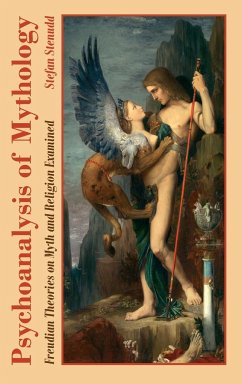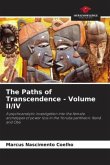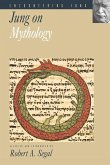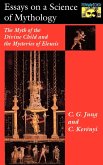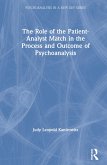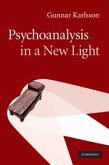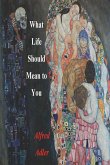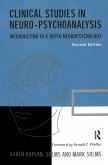Sigmund Freud, the founder of psychoanalysis, and several of his followers used their psychological theories to explain the origin and functions of myths and religion. This book describes and critically examines their ideas as they presented them in their own texts. It is a strange journey through a world of thoughts restrained by psychoanalytical dogma and loyalty to its creator, with its own myths of sorts and - in spite of scientific claims - a fidelity that can be characterized as religious. Stefan Stenudd is a Swedish author and historian of ideas. Within the history of ideas he researches thought patterns in creation myths, as well as theories about mythology through history.
Hinweis: Dieser Artikel kann nur an eine deutsche Lieferadresse ausgeliefert werden.
Hinweis: Dieser Artikel kann nur an eine deutsche Lieferadresse ausgeliefert werden.

